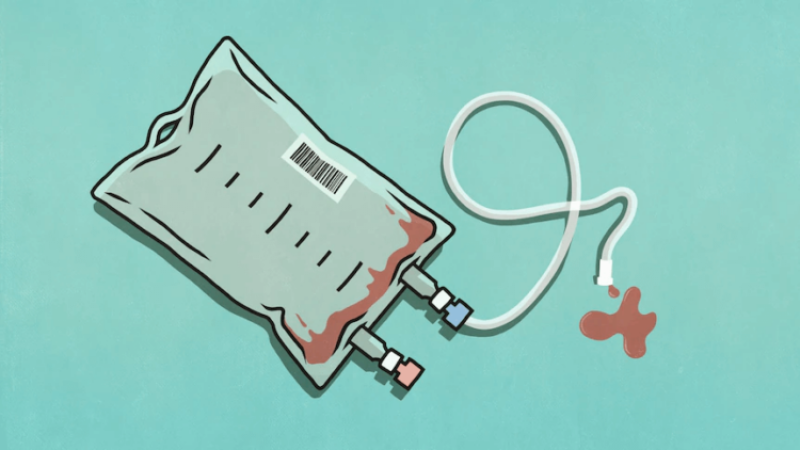For the first time, laboratory-grown red blood cells have been transfused into human recipients, potentially paving the way for groundbreaking treatments for people with rare blood types or those with blood disorders such as sickle cell disease.
“We hope our lab grown red blood cells will last longer than those that come from blood donors,” said chief investigator and University of Cambridge professor Cedric Ghevaert, MD, PhD, in the NHS news release. “If our trial, the first such in the world, is successful, it will mean that patients who currently require regular long-term blood transfusions will need fewer transfusions in [the] future, helping transform their care.”
The red blood cells were grown from stem cells from donors. The trial is designed to compare the lifespan of the lab-grown cells with the lifespan of standard red blood cells from the same donor. At least eight more participants will each receive two “mini” transfusions – one transfusion of traditional red blood cells and one of the lab-grown cells. The two transfusions are given 4 months apart.
“The lab-grown blood cells are all fresh, so the trial team expect them to perform better than a similar transfusion of standard donated red cells, which contains cells of varying ages,” the news release stated.































